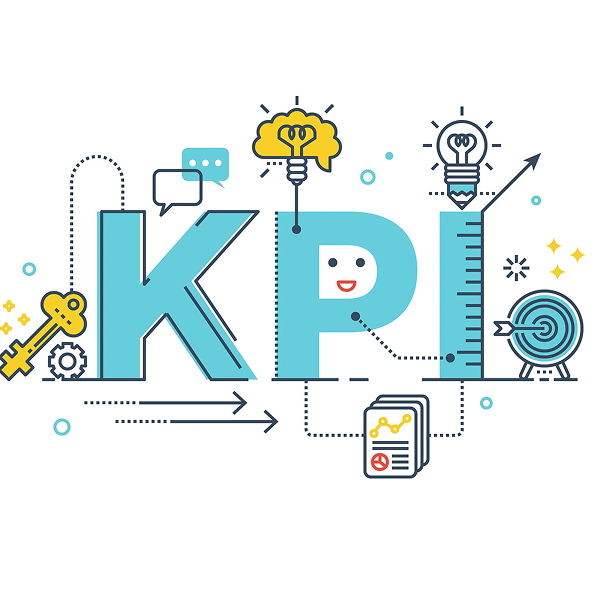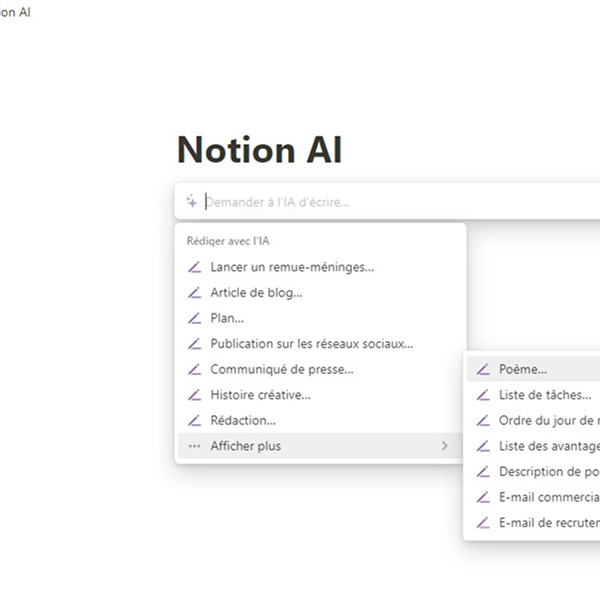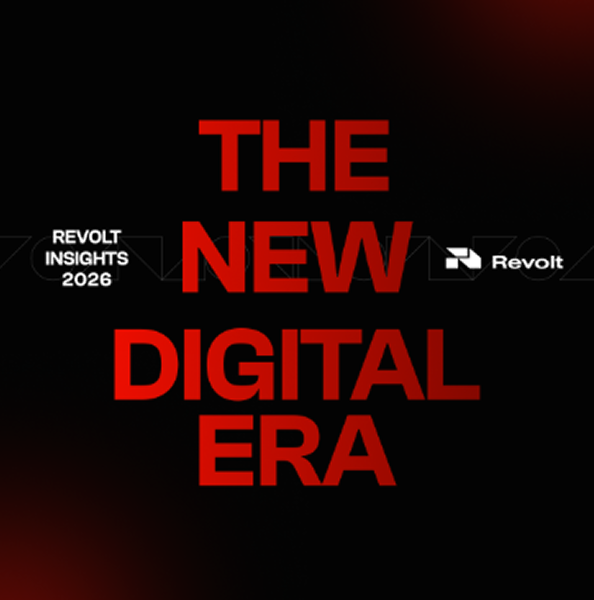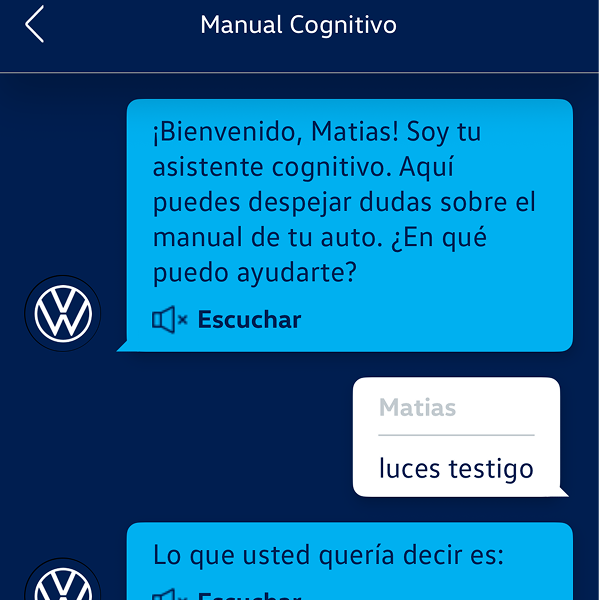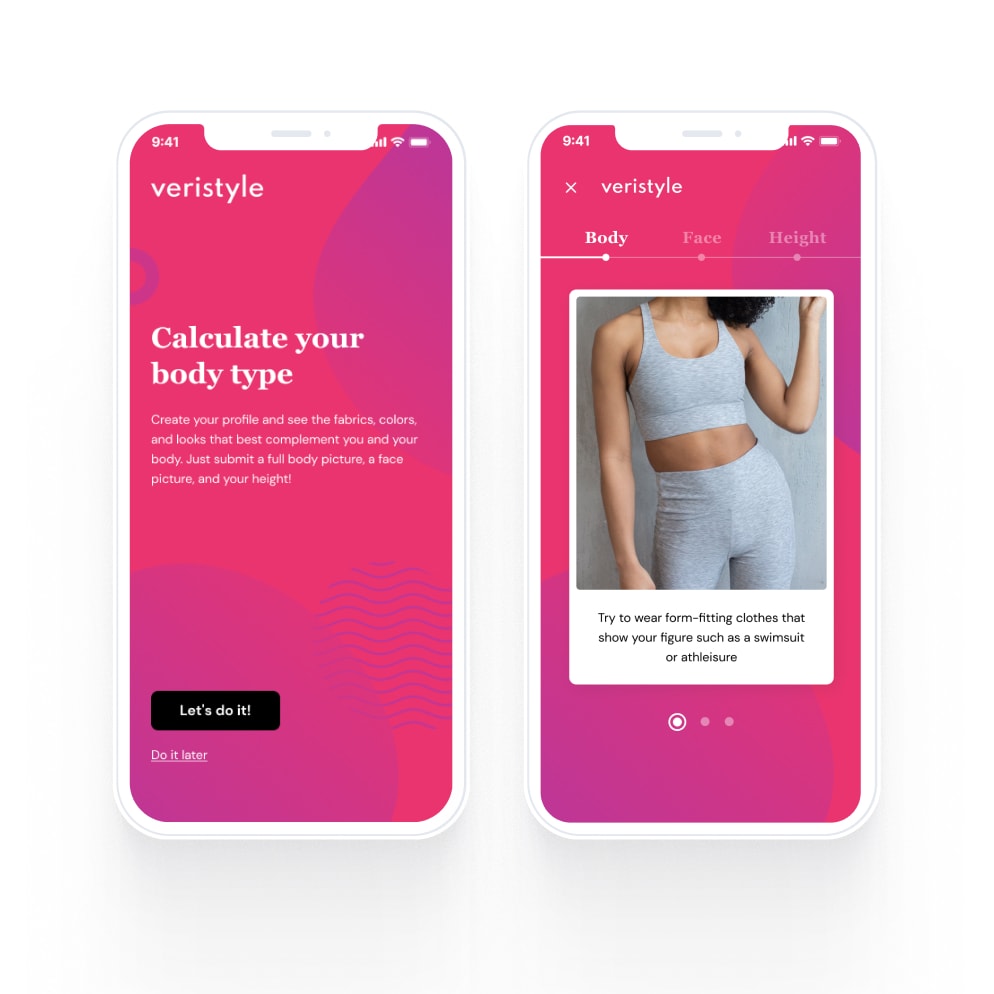I know, I know, this has always been the case. You might say, “Rodrigo, it’s been like this for 20 years. When I started with Cobol, I had no idea what was coming next. Then it was JavaScript, then React, then after that, and after that…” I get it, you’re confident because it feels good to ride a wave. The thrill of knowing you’re on top, believing it will last forever. The speed of someone who thinks he’s invincible, capable of learning everything, the latest, the newest, while mere mortals struggle to find work with skills they learned a few years ago, from a textbook or a paper no one will read. Feels right? Well, that feeling might not last. Because for the first time in years, we truly don’t know what’s coming next, and this time it doesn’t mean, “We don’t know what’s coming, but you’ll make more money.” This time it means, “We don’t know what’s coming, and maybe you’ll lose your job.”
Surfing the wave doesn’t seem so fun now, right?
I’m not even saying this only for those in tech or related fields. If you use a computer or a mobile device, you’ve probably heard the word AI at least four times since you woke up today.
AI is booming, and there’s no doubt about it. We’re all a bit scared, looking ahead, wondering about its impact—whether the next generation of LLMs will transform our world, faster or slower. Even if many of the so-called hot AI companies end up fading away, and investors lose their money, the pace is picking up. Models are improving, leading us to the next chapter. That much seems undeniable—even skeptics like Gary Marcus admit that superintelligence is possible. And it’s not just theoretical hype; massive investments back it. The five big tech firms have invested $400 billion this year alone, mainly in AI-related projects.
And we’re all using it, to varying degrees. Whether it’s refining this post, creating a representative image, avoiding schoolwork, or crafting different pitches for clients, it’s here with us. A McKinsey survey says two-thirds of respondents are using it in their companies, almost double from last year.
Does that mean more productivity? Theoretically, it should, but official numbers show that real output per employee in the median rich country isn’t growing; in the US, production per hour is still below 2020 levels. So, no clear productivity boost. Or maybe there isn’t an equal increase in productivity across all aspects.
A study conducted last year by Boston Consulting Group, Harvard Business School, and Wharton looked at two groups of BCG consultants—one with AI support and one without. The AI-enabled consultants were able to finish 12% more tasks, 25% faster, with outcomes their bosses rated 40% better. So, perhaps AI is making a difference in productivity… but only if you’re working as a consultant. If you’re into that, Scott Galloway wrote a great piece on the topic. Go read it (no, I’m not giving you the link yet).
Does it matter? Not yet—not enough to deflate the hype.
I also don’t think it matters much, for now, that there are constant delays in launching new LLM models, or that impactful commercial applications aren’t emerging as fast as expected, or how much this all costs and keeps growing. To the point that Sequoia says AI will need $600 billion in revenue to outpace the cost of the technology, which isn’t great considering that Apple, Google, Meta, and Microsoft combined estimate $40 billion in AI-related revenue.
Does it matter, or are we just not seeing the emperor’s new clothes?
But the fear, the shadow, is always there. A shadow that might manifest as the possibility that maybe, JUST MAYBE, the next model update falls short and isn’t worth the billions expected, leading to a stable state—envied by any other industry, but insufficient for ours. Unthinkable, if you walk through the halls of San Francisco, where, for example, Microsoft expects to generate $10 billion in revenue from generative AI sales this year alone.
But let’s back up. AI for what? To quickly find out what happened in the last world war? Or for Spotify to create a playlist you’ll forget about in a few months? That can’t be all.
I know, I’m a pessimist. Let’s take it further: AI to personalize the pricing page when you visit a SaaS site? Or to improve Q&A in HR processes? Still not impressive.
The problem is when you fall short in applicability, as shown in a chart by The Economist, where only 5% of businesses used AI recently. Or where, again according to The Economist, many tech companies aren’t willing to pay $20 for ChatGPT. There are many reasons for this, from technical concerns like security fears, biased algorithms, or hallucinations. All valid. The problem is when it translates into money, like McDonald’s losing a lawsuit because their AI drive-thru system added $222 worth of chicken nuggets to orders. Not great.
Thanks, The Economist.
The problem is when we have a piece that’s supposedly great—everyone says it’s great—but we have no idea how to fit it into the puzzle. So, we start hammering it into the Customer Support team, and hours later, thousands of people are cursing at the WhatsApp bot that, ironically, doesn’t know how to cancel your internet service… True story.
And those are “honest mistakes.” Then there are the not-so-honest ones, like the folks at Klarna, who boasted about their AI Assistant service and managed to cut 700 employees. Woohoo! Except, CB Insights found out that they had been laying off people beforehand because their valuation had tanked, so it wasn’t really related to AI. AI as a scapegoat—who would’ve thought? Maybe all of us.
So, the risk is there. The risk of a bubble bursting, of going back to the dark ages (no, not those—when web3 crashed). So, what do we do? Maybe start asking how AI serves us. Not the market, not how Walmart, McDonald’s, or Nike are using it. Us. Most people are focused on building AI products for others rather than for themselves.
Think applicability over impact. Less Wow, more Ahh.
Think of a problem and solve it. Focus on the problem, not the latest LLM or the number of parameters. Focus on the users. Remember them? The ones who do things, who buy stuff. Now you do, right?
And for the rest of you, the mortals, those without millions invested in THE NEXT BIG THING. Breathe. It’s coming, but we have no idea what it’s bringing. Maybe, just maybe, we need to go to bed, rest up, and get ready. Because something is coming.




